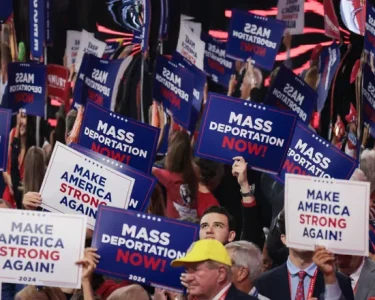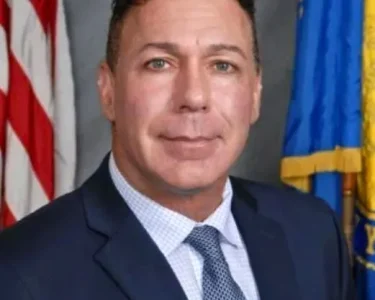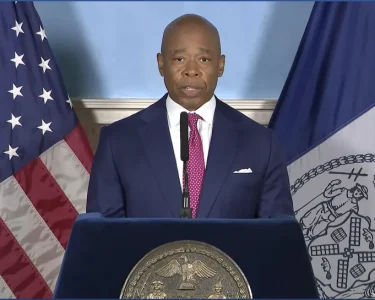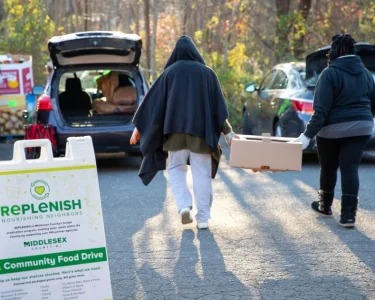In a pivotal decision on August 23, 2024, a Louisville judge has reduced the charges against two former police officers involved in the raid that tragically resulted in the death of Breonna Taylor. This latest ruling marks a significant turn in a case that has captivated national attention and spurred widespread calls for justice and police reform.
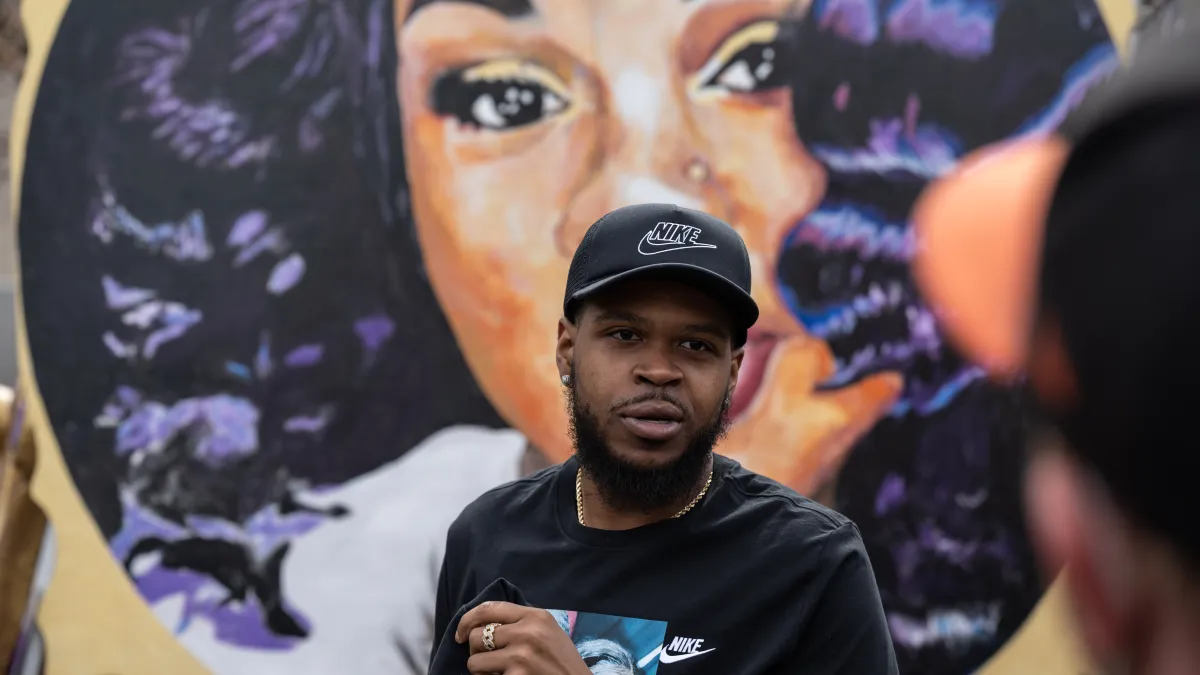
Breonna Taylor, a 26-year-old African American woman, was fatally shot by Louisville Metro Police Department officers during a botched raid on her apartment on March 13, 2020. The incident, which occurred as police executed a no-knock warrant, led to public outrage and became a central case in the larger Black Lives Matter movement, emphasizing calls for an overhaul in policing practices.
The reduced charges were announced following a comprehensive review of the case, which has been under the microscope of public scrutiny and legal examination for over four years. Originally facing more severe allegations, the two officers, whose identities have been widely reported in connection with this case, are now charged with lesser offenses that could potentially lead to reduced penalties.
Legal experts suggest that the reduction in charges may be a result of several factors, including procedural errors during the initial raid and the complex nature of the case that involves interpreting actions taken during high-pressure situations. The decision has stirred mixed reactions from the community and activists who have been closely following the case. While some see it as a step back in the fight for justice, others believe it could lead to a more nuanced understanding of law enforcement challenges.
Throughout the trial, evidence and testimonies have painted a chaotic picture of the night Taylor was killed. The use of a no-knock warrant, which allows police to enter a property without prior warning, has been a focal point of contention. Critics argue that such warrants create dangerous situations that can lead to unnecessary violence and civilian harm.
The community’s response to the reduced charges was immediate, with rallies and vigils organized in memory of Taylor and in protest of the court’s decision. Advocacy groups have reiterated their calls for systemic changes to policing policies, particularly concerning the use of no-knock warrants and the accountability of law enforcement officers in operations that result in civilian casualties.
Amidst the legal battles, Breonna Taylor’s family continues to advocate for justice and reform. “We are here to find the truth and hold those responsible accountable,” stated a family representative. “Breonna’s memory deserves that, and so does our community.”
As the case continues to unfold, it remains a critical symbol of the broader movement for justice and the need for profound and lasting police reforms. The implications of this decision are expected to influence future policing policies and the legal framework governing law enforcement operations across the United States.
For those following this impactful case and other critical news in law enforcement and judicial affairs, stay connected with our extensive coverage on Digital Digest.

